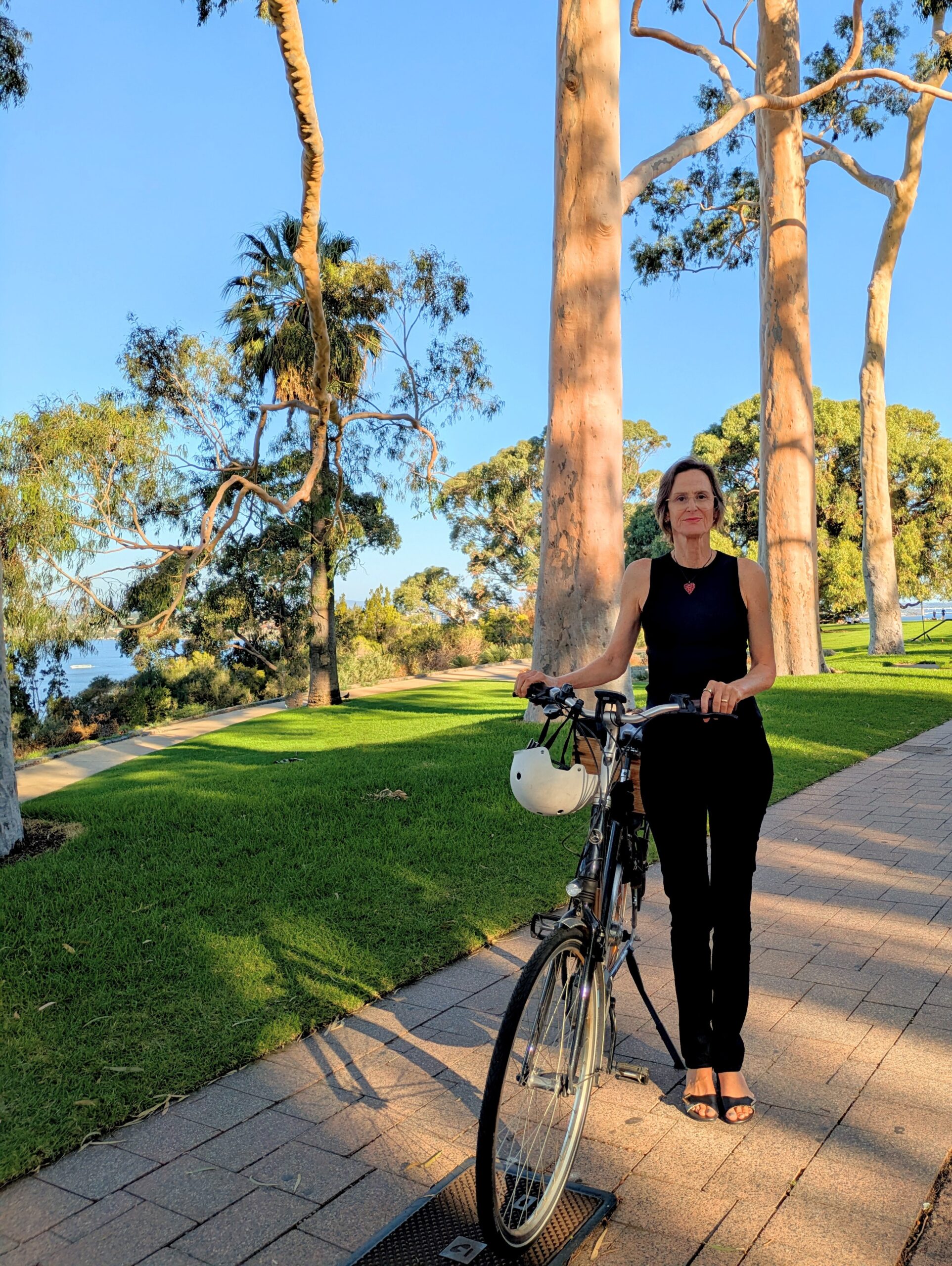
Bike riders care more about the common good than motorists, German researchers have found in a study that is already influencing German transport policy makers, and those in other countries.
The study found bike riders are more likely than motorists to be engaged in their communities via the likes of local councils, political parties, youth groups and charities. They also felt closer to the natural environment in which they live.
Bike riders were more likely than vehicle drivers to be involved in:
- political participation
- social participation in organisations
- neighbourhood solidarity
- neighbourly helpfulness.
WestCycle contacted study lead researcher Harald Schuster from the Fern University in Hagen, who said, “I found it surprising that only cycling had a significantly positive influence on these aspects.”
Schuster said other variables in the model such as gender, home ownership or education did not positively effect orientation to the common good.
“I found it remarkable that driving a car had no influence either.”
Cycling and walking key to ‘social power’
The study, published in the Journal of Environmental Psychology, found one of the benefits of cycling (and walking) was that it permitted “casual encounters” that fostered social cohesion.
“We knew that people spend a lot of time on the move and it was clear to us that it must have an effect if people can experience casual encounters during the time they spend on the move – especially in the neighbourhood,” the PhD student said.
“Neighbourhoods can develop an incredibly positive social power. Cycling and walking are key to this.”
A political tool
With the study going somewhat viral among the German mainstream press, it is already influencing policy and infrastructure boffins at the local government level.
“Considering the study was only published a few weeks ago, the response has been incredible,” Schuster relayed.
“Politicians have told me the findings of the study very useful,” he said. “They can use them to make better arguments in the political debate. The good empirical evidence of the study is a solid foundation for this. Until now, there was a lack of data.
In addition, the findings were also discussed at a municipal cycling conference organised by specialist planners at the end of November. So the topic is gaining traction.”
Schuster added: “The study was sent to local politicians in my home town of Cologne through my co-operation with the environmental protection association RADKOMM. I also know of an evaluation of the study by a working group of pedestrian and bicycle-friendly cities in Germany.”
The study compiled annual mobility behaviour survey results collected between 2014 and 2019 in Germany.
Using this data the researchers found, “Orientation towards the common good is an effective means against the progressive loss of social structures, against constant urban isolation, against the social divisive potential of pandemics and needed for better migrant inclusion.”
The full study can be accessed here.










